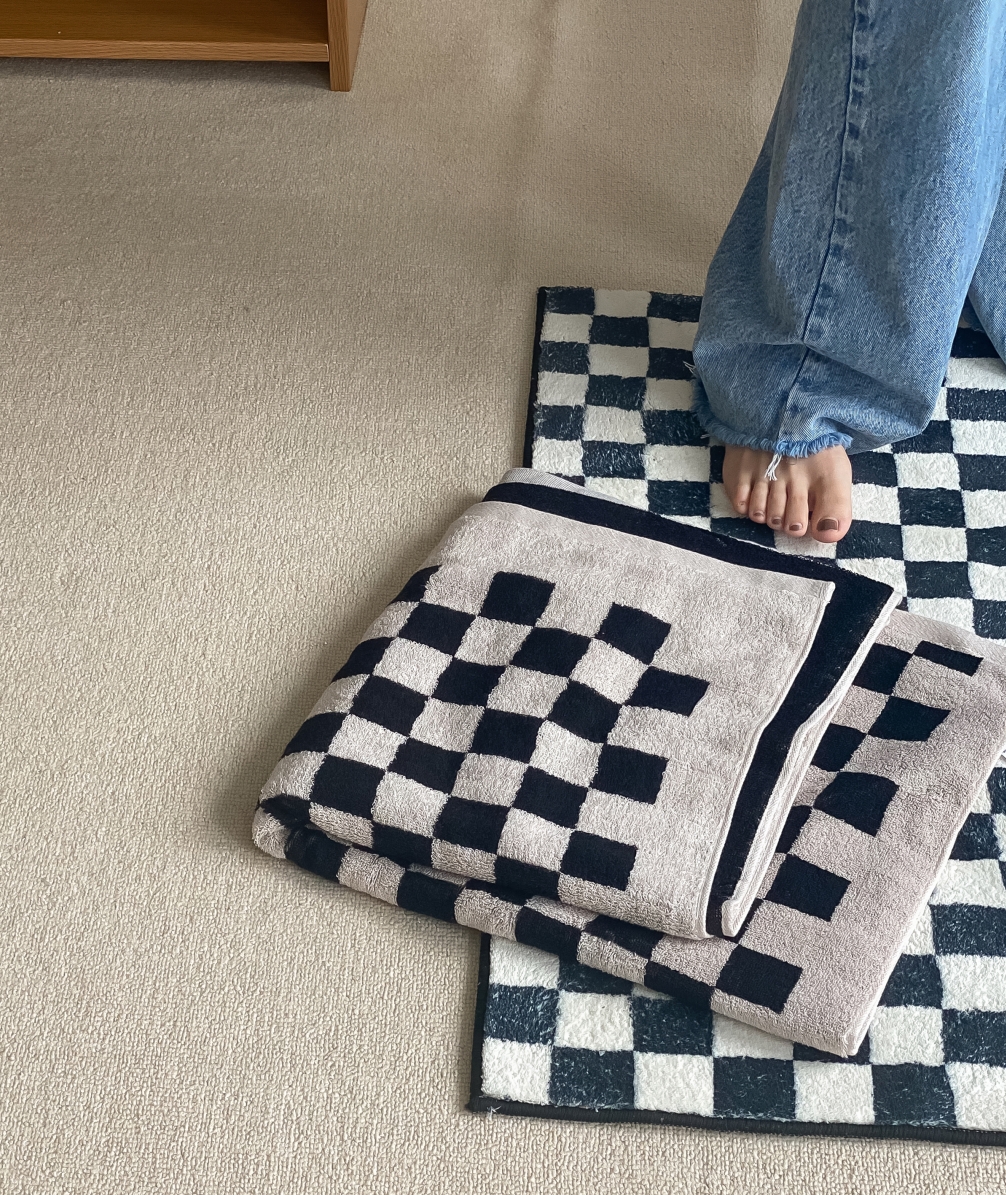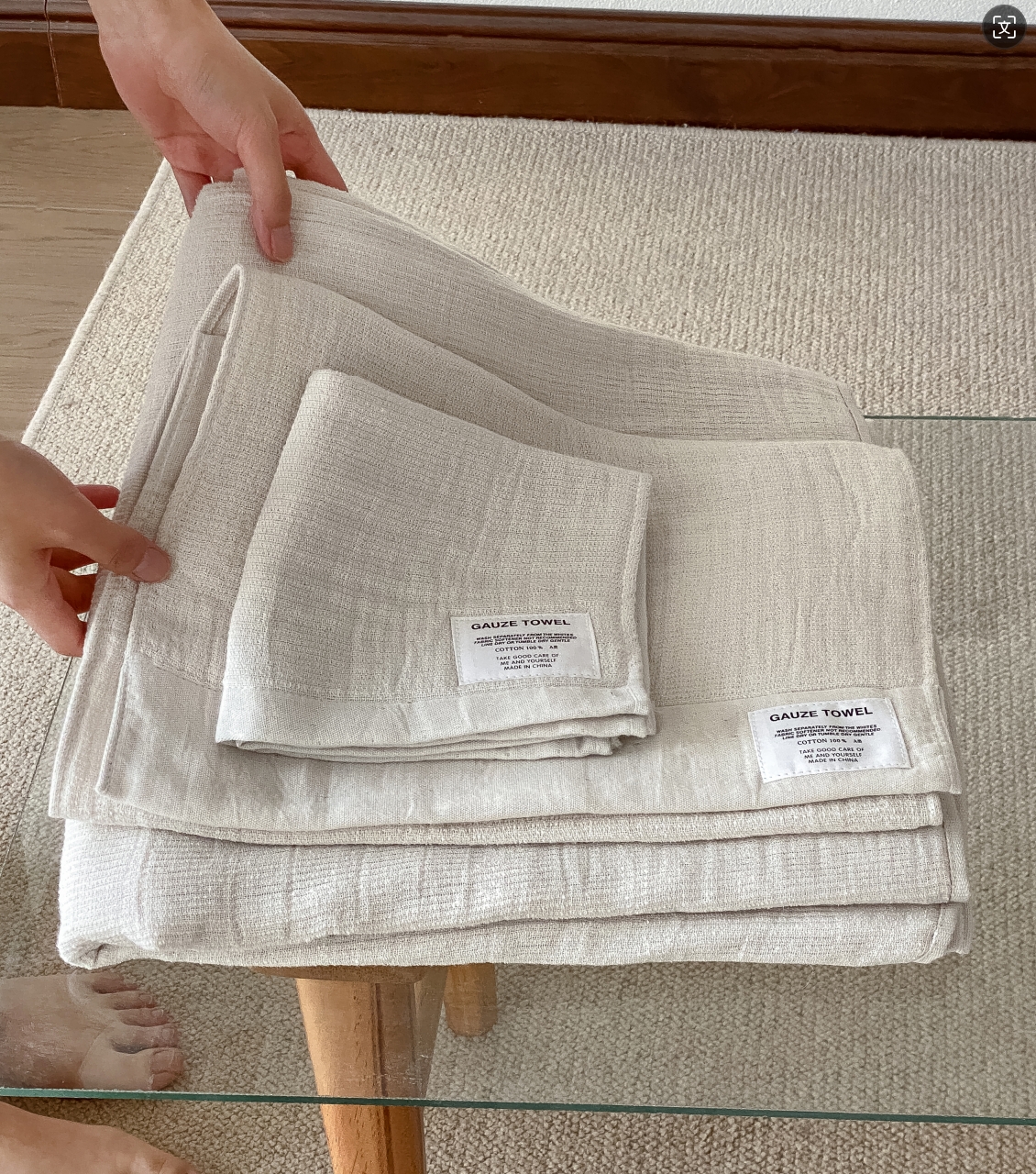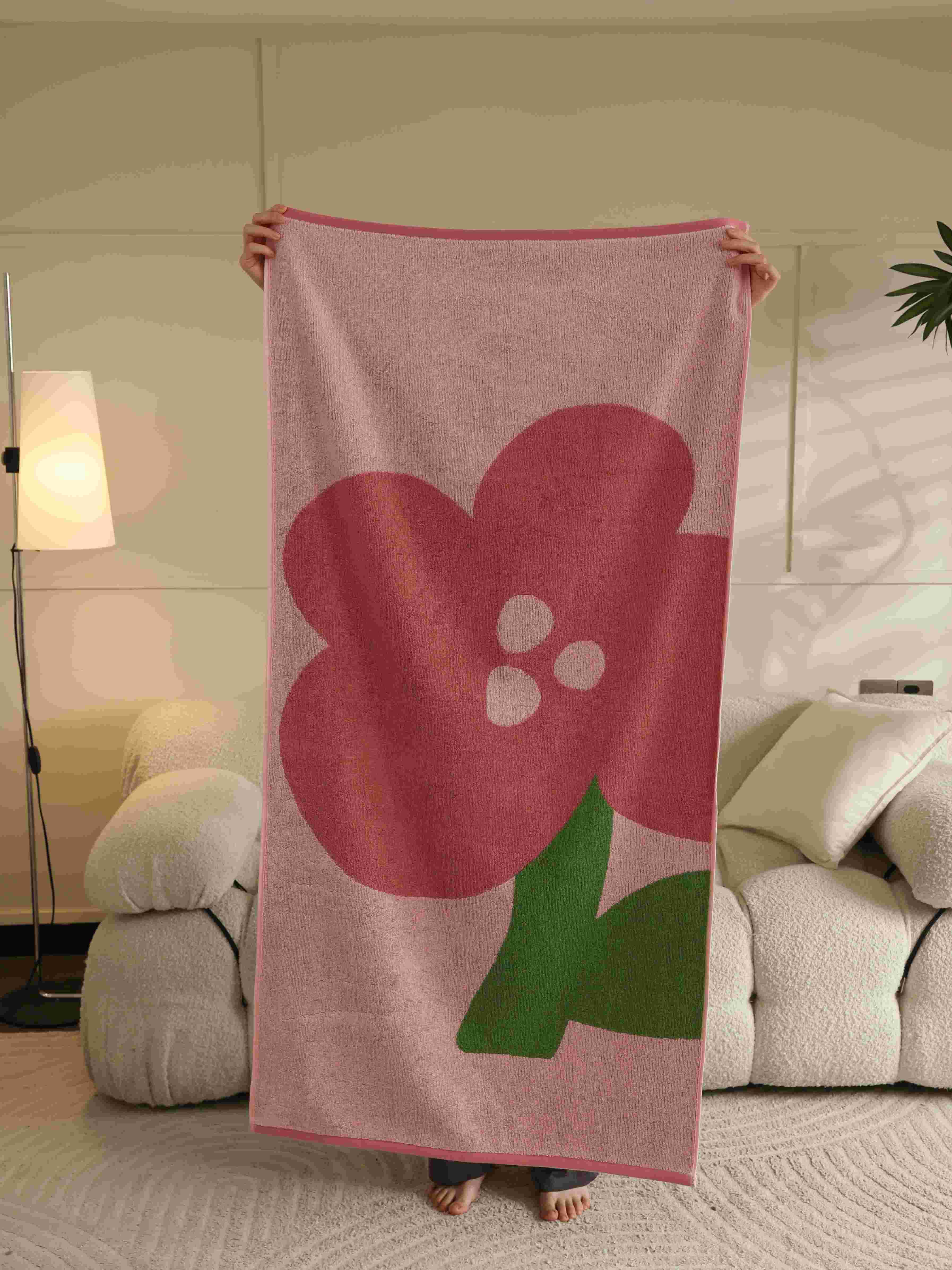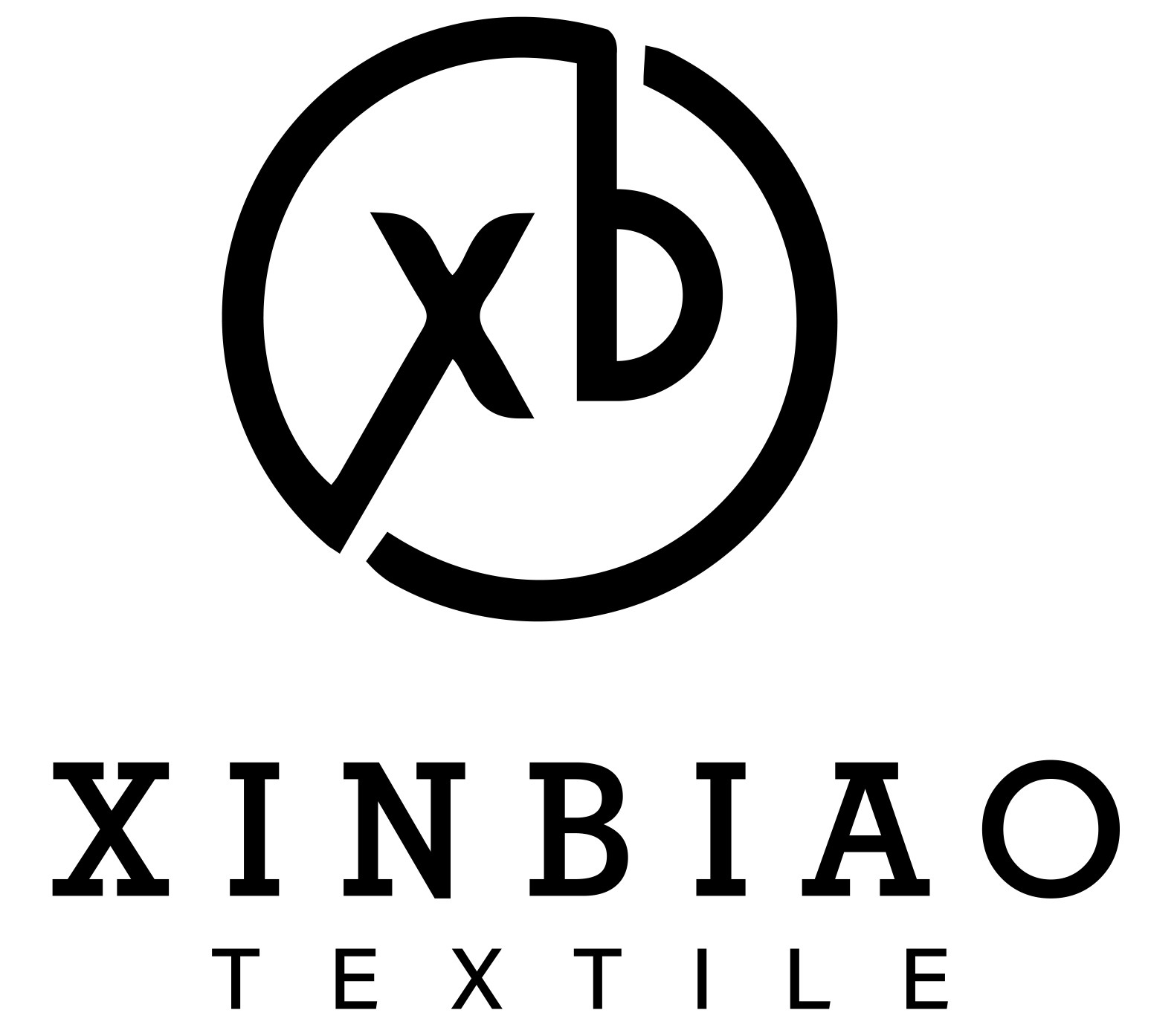Sustainable Innovations in the Cotton Textile Industry
In recent years, the cotton textile industry has witnessed a remarkable shift towards sustainability and technological advancements. The increasing consumer preference for environmentally responsible products has prompted manufacturers to rethink their production methods.
Eco-Friendly Production Techniques
The industry has embraced eco-friendly production techniques to reduce its environmental impact. Utilizing organic cotton and recycled fibers, manufacturers are not only minimizing waste but also enhancing the quality of their products. The use of renewable energy sources, such as solar power and reclaimed water, is becoming more prevalent, reducing the carbon footprint of production facilities.
Innovative Technologies
Technological innovations are at the forefront of this transformation. The adoption of advanced dyeing methods and smart textile machinery has improved the precision and efficiency of the manufacturing process. Digital printing technologies, for example, allow for high-resolution, multi-color printing without the need for traditional dye baths, significantly reducing water and chemical usage.
Consumer Demand and Market Trends
Consumers are increasingly seeking out products that align with their values of health and wellness. There is a growing demand for high-quality, chemical-free cotton textiles that offer comfort and personalization. The rise of e-commerce platforms has further fueled this trend, providing consumers with a wider range of customizable options.
Future Outlook
The industry is poised to continue its journey towards sustainability and technological sophistication. Brands that can successfully integrate eco-friendliness with innovative product offerings will likely gain a competitive advantage. As consumers become more discerning, the industry will need to explore new materials and technologies to meet their evolving expectations.
 Global Market for Full Cotton Yarn-Dyed Towels: Innovation, Sustainability, and Future Prospects
Global Market for Full Cotton Yarn-Dyed Towels: Innovation, Sustainability, and Future Prospects
 Sustainable Innovations in the Cotton Textile Industry
Sustainable Innovations in the Cotton Textile Industry
 The Rise of Eco-Friendly Apparel: A Focus on Sustainable Fashion
The Rise of Eco-Friendly Apparel: A Focus on Sustainable Fashion

